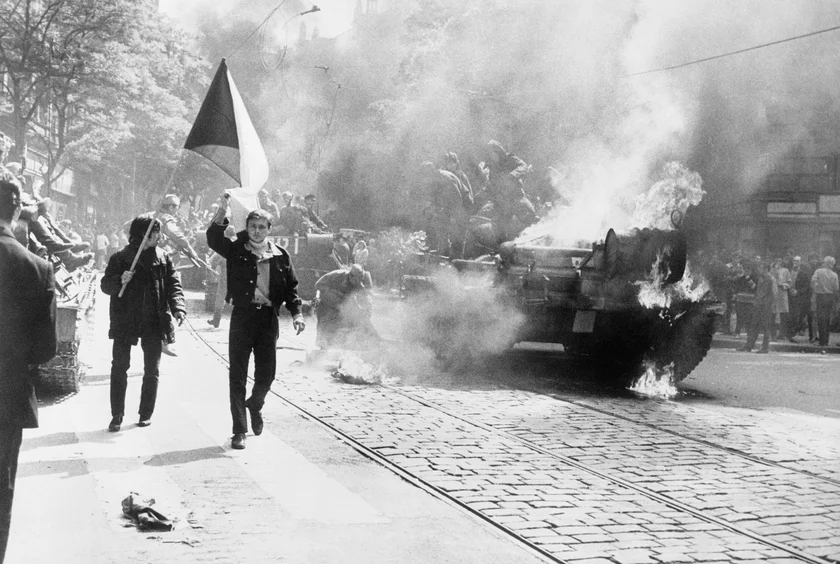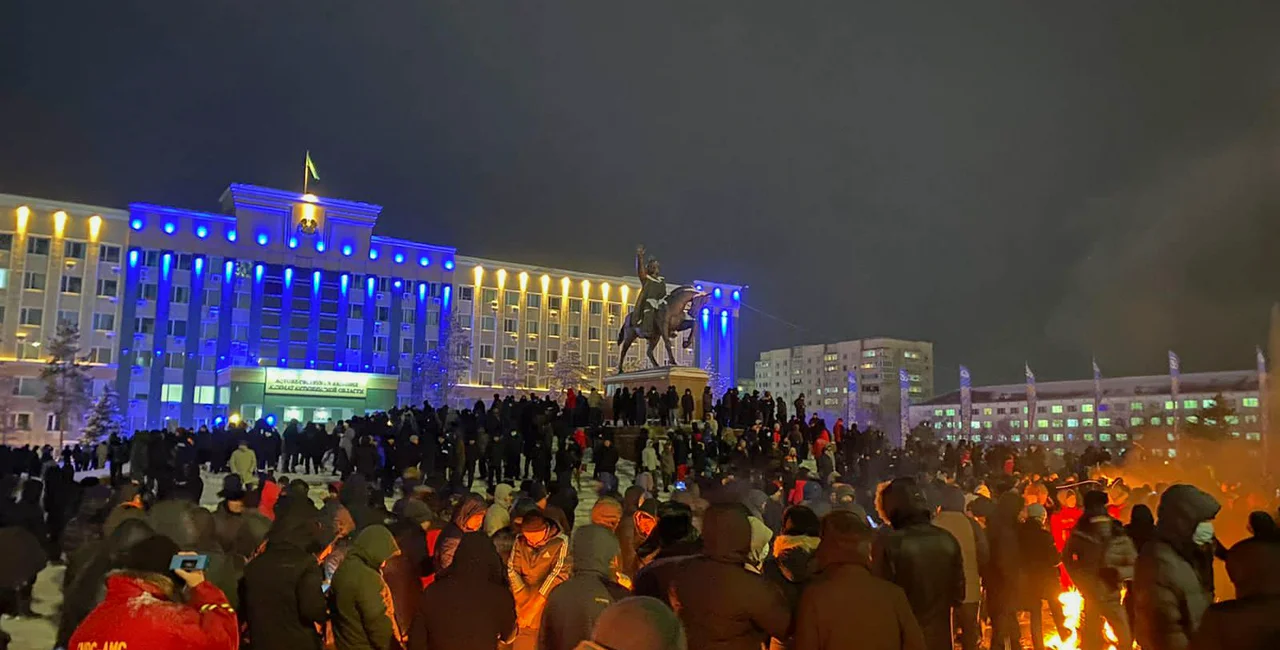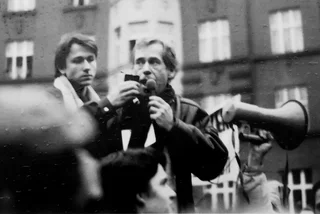For Czech Foreign Minister Jan Lipavský, there's no doubt about which side of the conflict in Kazakhstan deserves Czech support.
In a veiled criticism of Hungarian leader Viktor Orbán’s recent statement in support of Kazakh President Kassym-Jomart Tokayev, Lipavský wrote on Twitter that “a president who issues an order to shoot civilians without any warning needs no solidarity. Our solidarity belongs to the people of Kazakhstan.”
PARTNER ARTICLE
The Czech Foreign Minister today also announced that licenses for arms exports for Kazakhstan would be scrapped. In 2020, the Czech Ministry of Industry and Trade has 11 active export licenses with Kazakhstan, and until now companies have been able to export firearms, vehicles, chemicals and "riot control agents" to the country. The suspension of these licenses follows a decision by Germany to suspend arms exports to Kazakhstan last week.
President Tokayev has described rioting in Kazakhstan’s largest city Almaty and elsewhere as the work of international terrorists. He claimed the protests were an attempted coup d’état, and authorized a brutal crackdown which has seen hundreds of people killed and thousands more imprisoned.
A president who issues an order to shoot civilians without any warning needs no solidarity. Our solidarity belongs to the people of Kazakhstan.
— Jan Lipavský (@JanLipavsky) January 10, 2022
Lipavský’s response to the violence is representative of Czech opposition to the actions of the Kazakh authorities. The entry of Russian troops into the fray, along with others in the Collective Security Treaty Organization, a defense alliance included six ex-Soviet states, has provoked particularly strong reactions.
“The entry of the armies of Russia and other states is not good news. All the more so as their goal is to normalize the situation in the country,” said Pavel Fischer, the foreign committee chair of the Czech Senate.
“It is all too reminiscent of the unfortunate developments in the Czechoslovak Socialist Republic after the entry of troops in 1968,” he continued.
Fischer was referring to a historical parallel in the suppression of Prague Spring liberalization in Czechoslovakia in 1968. Warsaw Pact troops entered the country on the night on 20-21 August 1968. The subsequent occupation of Czechoslovakia saw a period of “normalization” in which tough authoritarian measures were restored, undoing Prague Spring reforms.

While historical parallels are being drawn between twentieth-century intervention in Czechoslovakia and the present-day crushing of protests in Kazakhstan, the turmoil is also relevant as the ruling elites in Kazakhstan own some of the Czech Republic’s most desirable real estate. A recent investigation by Radio Free Europe identified four luxury properties in the famous Czech spa resort of Karlovy Vary owned by the family of Kazakhstan’s long-time President Nursultan Nazarbayev, who stepped down in 2019.
When protests broke out, Nazarbayev was removed from his position as head of the national Security Council; a position in which he held considerable control over Kazakhstan. Yet it’s still unclear to what extent the unrest signals the end of the Nazarbayev era.
The secrecy of the Kazakh regime makes it hard to identify with certainty the true causes and likely long-term effects of the unrest. Yet in the Czech Republic, historical resonances make the country's conflict feel uncomfortably close to home.












 Reading time: 2 minutes
Reading time: 2 minutes 

























